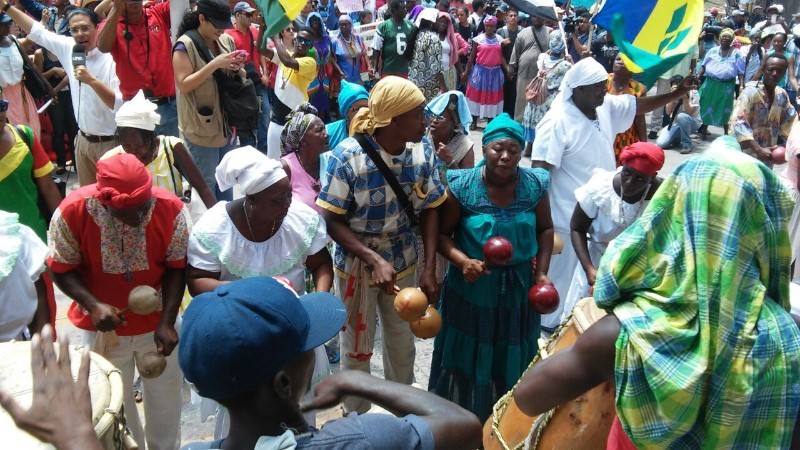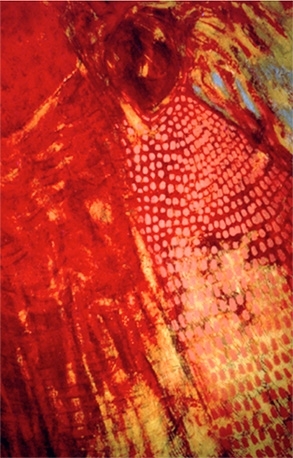Imperialism and Latin America: Land Grabbing of Garífuna Communities
Thu, Oct 26, 2017
6:30 PM–8:00 PM
Room C198

This event will be livestreamed, to watch the livestream, click here starting at 6:30 pm.
In Blood of Extraction: Canadian Imperialism in Latin America, Professor Todd Gordon documents Indigenous struggles across the region to defend their ancestral rights and territories from the incursion of transnational capital. He argues that the appropriation of the Garífuna commons is possible due to the complicity of the Honduran state, leaving the Garífuna land protectors and human rights advocates in an alarming state of defenselessness. This panel will analyze the relationship between emergent imperialisms in Canada and the dispossession and resettlement of the Black-Indigenous Garífuna peoples in Honduras.
Join us for this timely and important discussion with Todd Gordon (Laurier University in Brantford, Ontario) in conversation with members of OFRANEH, a federation of Garífuna peoples seeking common defense of their cultural and territorial rights and their survival as a differentiated culture, including Miriam Miranda (General Coordinator of the Black Fraternal Organization of Honduras, Coordinator of the Platform of Social and Popular Movements of Honduras, and Coordinator of the Indigenous and Black Women of Honduras), and Carla Garcia (International Relations Coordinator at OFRANEH).
Cosponsored by AELLA (the Association of Latino and Latin American students at the Graduate Center, CUNY); OFRANEH; Art, Activism, and the Environment research group from the Seminar on Public Engagement and Collaborative Research;The Doctoral Students’ Council at the Graduate Center, CUNY; QUNY; and Popol Wuj Itinerante.
Participants
Related Events
Book Launch
POSTPONED: Book Launch: New Narratives on the Peopling of America
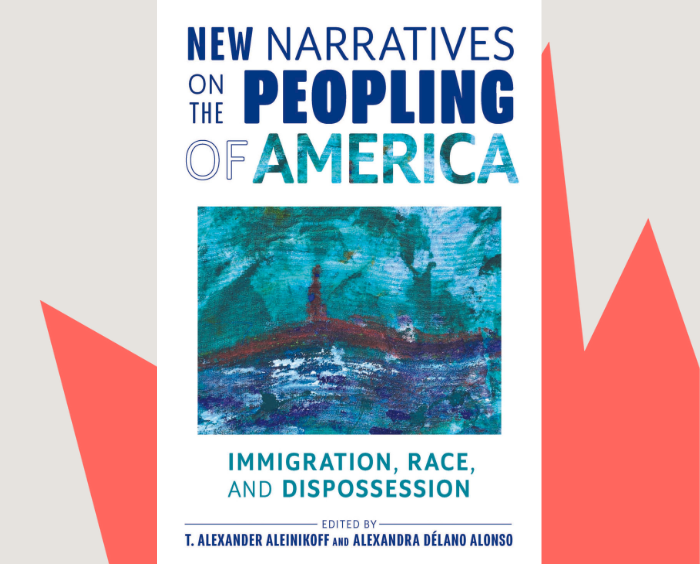
Conversation
Radical Women of Color in Politics: A Transnational Conversation on Anti-Racism & Anti-Extractivism in the US and Colombia in the context of Francia Márquez’s Soy Porque Somos (I am because We Are) Campaign
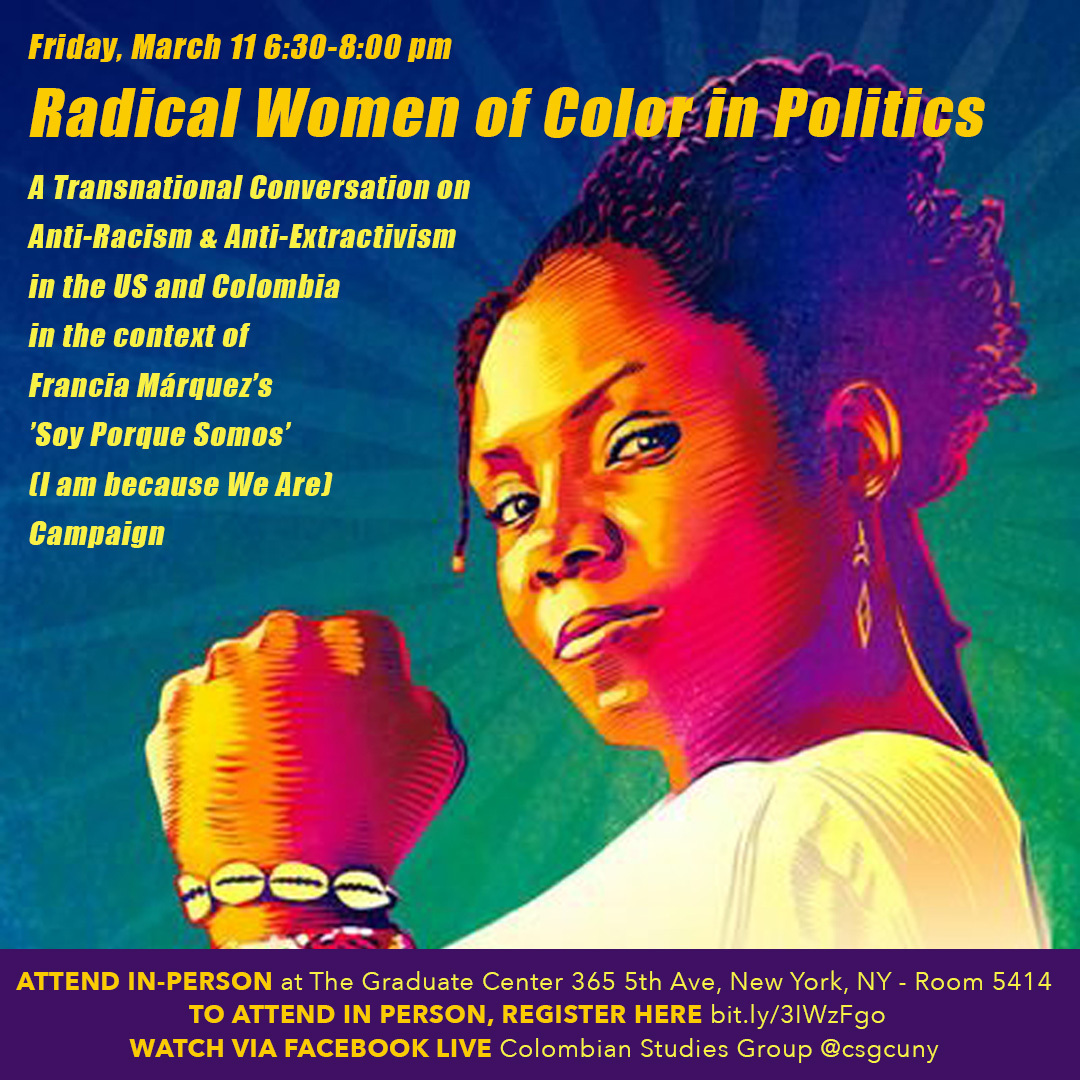
Event
Erasures: Excision and Indelibility in the Art of the Americas
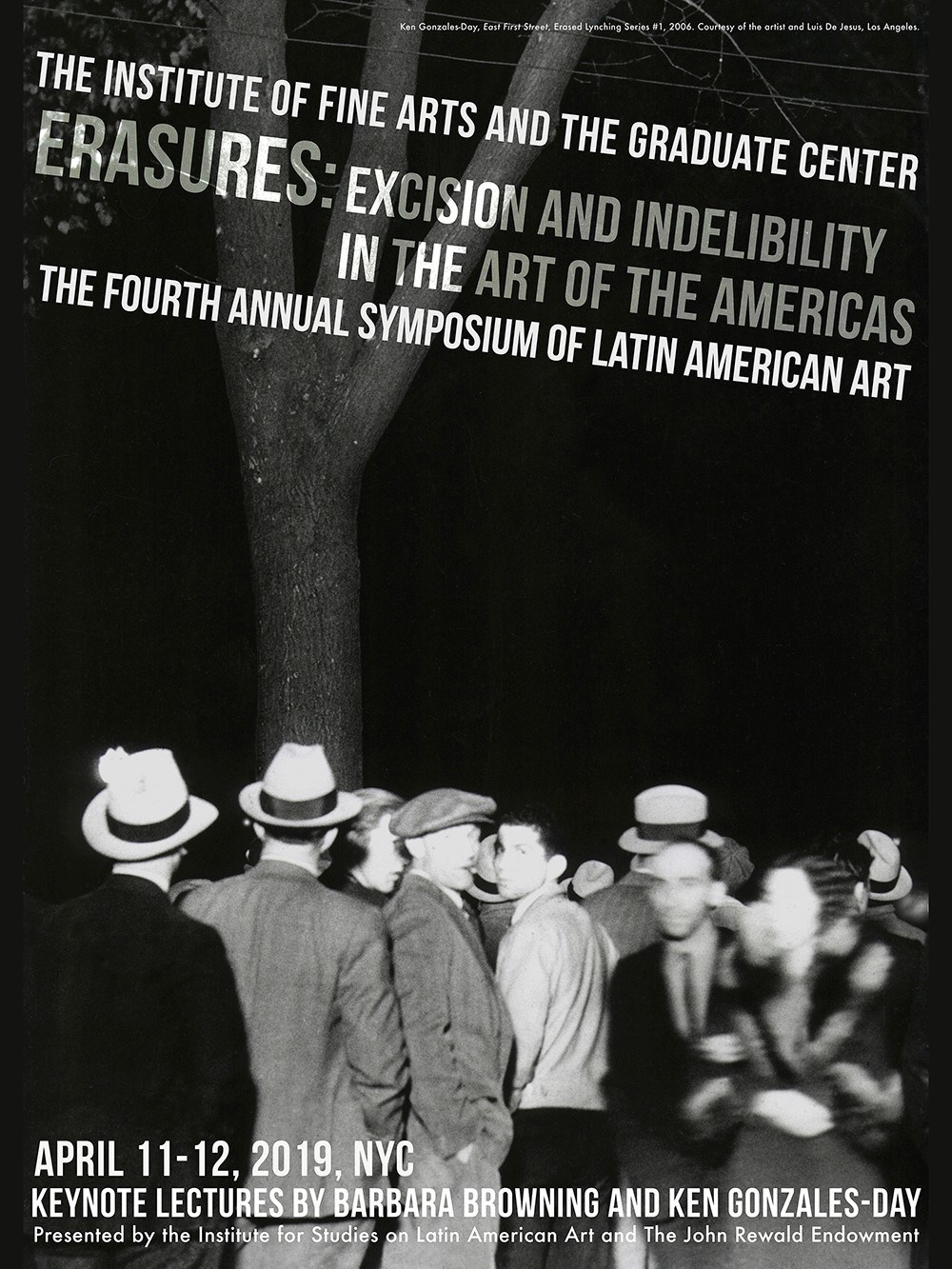
Event
The City is Ours the Body is Mine: Urban Spatial Practices in Contemporary Latin America

